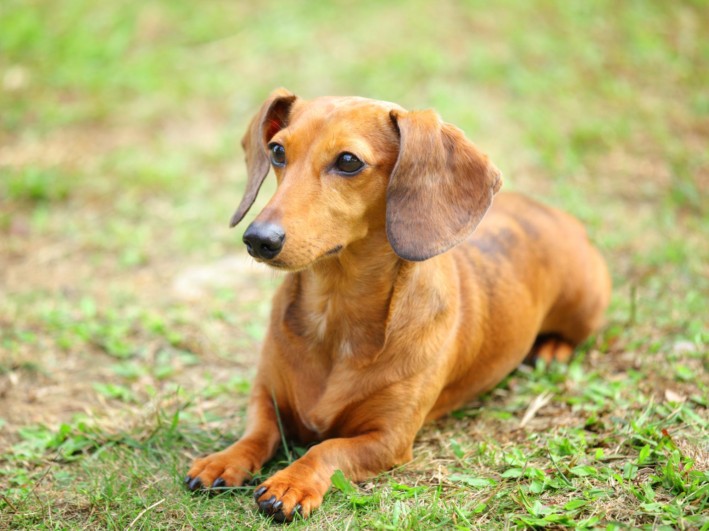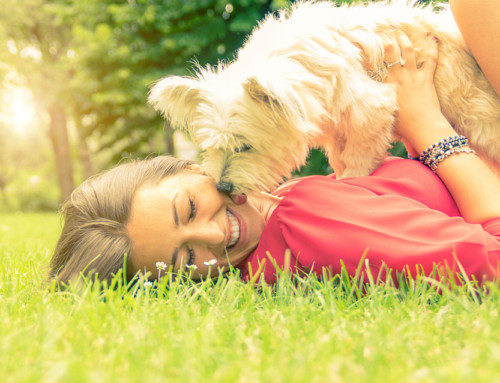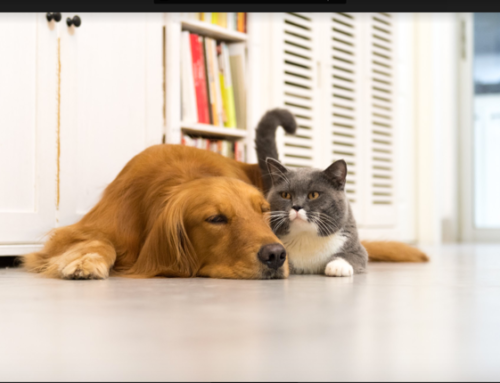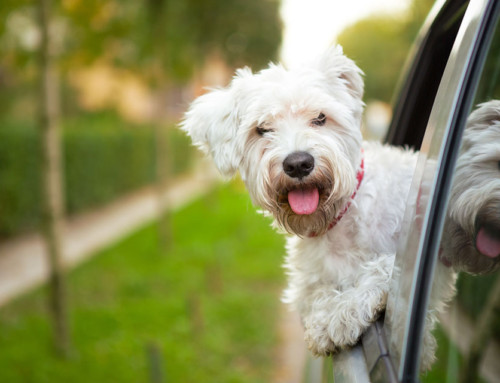There’s no denying it: dogs love to eat. Whether it’s a T-bone steak or week old crumbs on the floor, they are rarely fussy about what they put into their bodies. A lot of the time we wonder if they’re eating too much and we find ourselves trying to refrain from giving into wagging tails and longing eyes when they beg for just a little bit more. This is why it can be a pretty upsetting when a dog pushes their food away and refuses to eat.
Unfortunately, there is no single reason why dogs experience a loss of appetite – sometimes it’s a symptom of a serious illness and sometimes, it’s as simple as just plain old picky eating.
If one thing’s for certain, it’s that you should never ignore changes in your dogs eating habits. Always consult a vet if you notice something isn’t quite right.
Here are some of the most common reasons why your dog might be refusing to eat:
- Illness
If your dog is exhibiting other kinds of symptoms like fatigue, coughing, vomiting or diarrhoea while they’re refusing to eat, it’s likely that he or she is unwell. A lot of the time this is due to minor gastrointestinal upset – think about it, dogs are scavengers and will eat a lot of questionable things off the ground that cause them to feel unwell. Often they get better on their own from these kinds of illnesses, but sometimes they’ll need help from a vet. Sadly, not eating can also be a symptom of other, more serious conditions like liver, kidney or intestinal infections or even cancer. This is why its essential to speak to your vet for diagnosis if you suspect your pet is unwell.
- Dental issues
Dogs use their chompers for pretty much everything, from eating to carrying things around. That’s why pain in their mouth can affect their entire livelihood. Just like us, dogs need help to keep their mouths clean and fresh, otherwise they will experience dental decay, where the immune system begins to attack the teeth, causing a painful breakdown of tissue. This can eventually lead to other health issues like heart disease, making it incredibly important to monitor. Making sure your dog gets good quality food, regular oral exams, a daily tooth brush and isn’t chewing questionable bones or toys will help keep their mouths healthy.
- A change in routine
Dogs thrive on a solid routine, and when there are shifts in the norm, they tend to feel confusion and even stress – yes, they’re pretty sensitive creatures! Have you recently changed their walk or feeding time? Are they on holiday in a new place? Or have they perhaps just returned from a trip to the kennel while you’ve been away? These things can all affect their eating habits.
- Picky eating
Sometimes, dogs might just not like the food you’re giving them. This is common with spoiled pooches that are used to getting the finest. For example, if a dog who always has raw meat or family leftovers is served up a plate of dry old biscuits, she might pull their nose up, while a dog who doesn’t know any better might be in his element with plain biscuits. Yes, just like us humans, dogs can develop expensive eating habits and picky tastes that lead them to refuse certain foods.
What to do if your dog isn’t eating
Because there are so many different reasons why a dog might experience a loss of appetite, there is no single cure. Its important to see your vet and follow their suggestions, however, here are a few ways to encourage eating:
- Let them try something new – whether that’s a new brand of food, or a different type altogether.
- Give them their favourite food, whether that’s peanut butter, carrots or chicken.
- Make sure they’re fed at the same time each day.
- Make eating fun by using food as a reward for doing a trick.
Note: never punish your dog for not eating or force them to ingest food, as this can make the situation worse.









